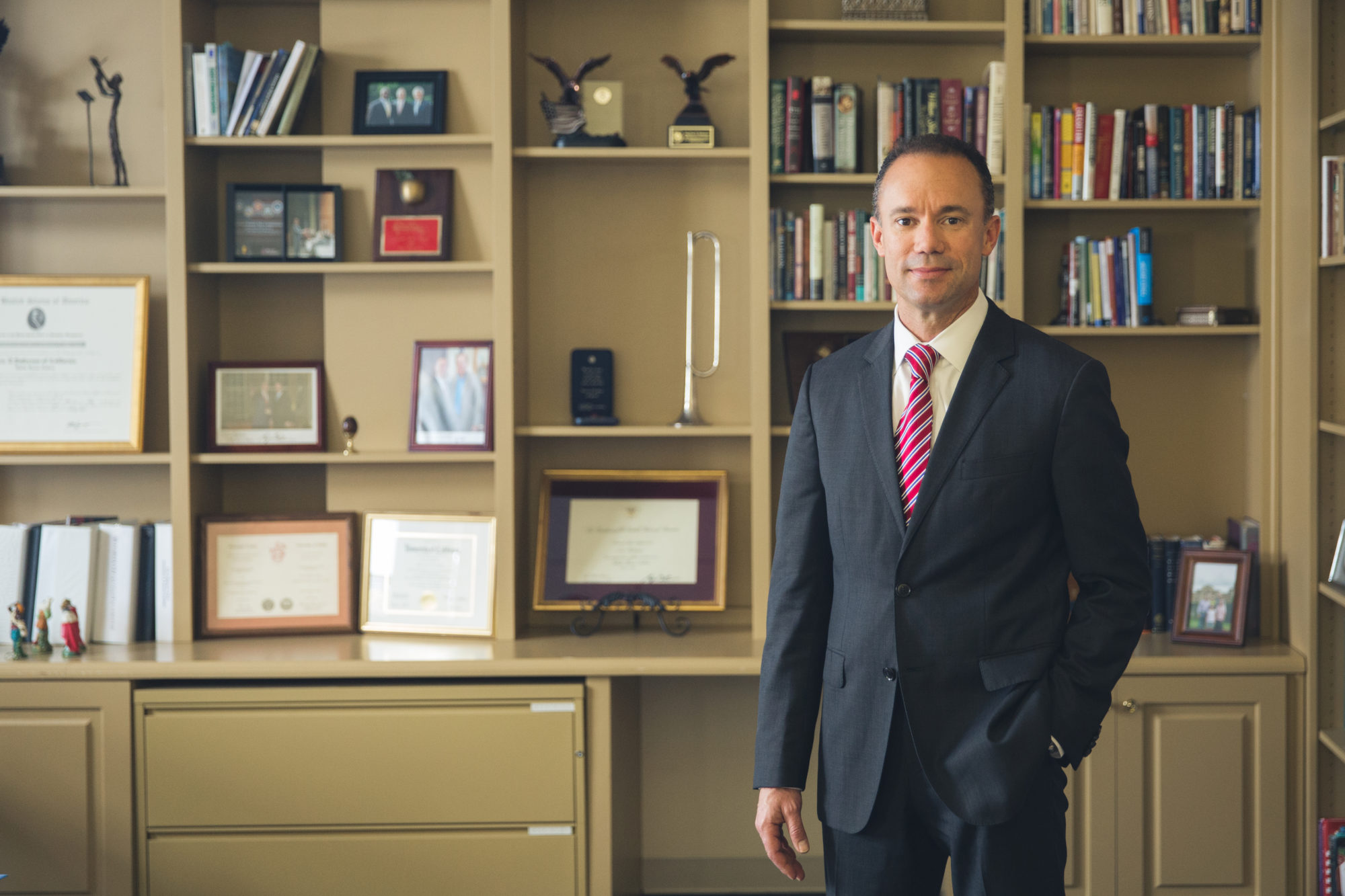The July, 2023 coup in Niger has captured global attention as observers note the upward trend in military coups in recent years across Africa. The source of these coups is poorly understood because, while coups d’état are a great spectacle, they are simply reacting to the destabilizing effect of violent Islamists. Whether in Mali, Nigeria, Niger, Burkina Faso, or elsewhere, this region is plagued by illicit armed groups, many of whom are fighting under the black flag of militant Islamists such as Boko Haram, al Qaeda, and so-called Islamic State (ISIS).
The situation in the Sahel (the region bordering the Sahara desert that includes northern Nigeria, Chad, Niger, Burkina Faso, etc.) is complicated. Niger, like its neighbors, is a poor country with porous borders in a dangerous neighborhood. Weapons have flooded the region from the Obama Administration’s disastrous incursion in Libya a decade ago. Religious ideologies that justify violence, shariah law, and ethno-religious cleansing motivate terrorists. For instance, more than 100,000 citizens in nearby Nigeria have been killed by Boko Haram and Islamic State-West Africa Province over the past 15 years. Mali has suffered from coups and counter-coups, including a breakaway regional government (“Azawad”) that purported to protect its citizens from violent jihadists. Next-door Burkina Faso, like some other West African countries, has undergone another military coup that is popularly supported because citizens were frustrated that previous governments have not protected the citizenry.
There is a pattern of violence in these areas. Radical Islamist terrorists will often cross borders and engage in wanton violence and destruction. Some local elements get involved, often young men with poor economic prospects or other grievances. The first victims are often the average Muslim citizens who are attacked for not supporting or going along with the radical Islamists’ agenda. Terrorists target institutions of authority and learning, from schools to authentic religious leaders. In Nigeria, Niger, and Burkina Faso, terrorists target schools to deny education to boys and girls. Religious leaders, particularly Christian ones, pastors, priests, nuns, and seminarians are then the next targets because they represent “foreign” faiths, despite the fact that both the Christian and the Muslim faiths go back many centuries.
Violent Islamists have been encouraged by the examples of the Afghan mujahideen pushing out the Soviets and the Taliban outlasting Joe Biden’s America in Afghanistan. Africa’s extremists saw ISIS briefly create an Islamic state in contested areas of Syria and Iraq (the Levant). They have seen the impunity and influence of Boko Haram in Islamic State of West Africa in Nigeria and Mali. They have a sense that those on the other side, law-abiding nice people who stand for the rule of law and tolerance, are unwilling or unable to act with the vigor and even the ferocity necessary to stand up to the radical Islamists’ terrorist violence.
Indeed, average West African citizens look around and see very different responses to lethal criminality. Those places that can afford to hire heavy-handed mercenaries like the Wagner group have seen a deadly and robust response to criminality and terrorism. In contrast, many UN peacekeepers, such as those deployed in nearby Democratic Republic of Congo (DRC), are poorly equipped, poorly trained, and, in some cases, corrupt. Indeed, the top countries sending military personnel to DRC do not include Europeans or NATO members, but rather Bangladesh, Nepal, Malawi, and developing nations.
The one Western government with a military presence across the region is France because many of these countries have historic colonial ties to Paris. But in cases such as Burkina Faso, many Africans feel that the French troops largely monitor terrorist activity with drones, cameras, sensors, and satellites, but without taking much risk in the field to destroy the terrorists.
Some Western governments are in denial. For instance, America’s ambassador to Nigeria keeps arguing that the death of 4,000 Christians annually, not to mention many Muslims, at the hands of violent Islamist extremists, has nothing to do with religion. The cause is purportedly “climate change.” True, there are fights over grazing and agricultural lands, but this does not explain the targeted killing of priests and seminarians, the vicious beating and burning of a Christian college student, or the destruction of churches. None of these sorts of attacks are attributable to disputes over pastoralist lifestyles – they are attacks on the religious identity of citizens. And, this violence has spread to Burkina Faso, Niger, and elsewhere across the Sahel.
The statistics on extremist violence against Christian groups in particular across the region demonstrate the problem. According to Open Doors International’s World Watch List, Nigeria has moved up to a ranking of the sixth most violent country against Christian groups in the world. Mali was ranked at seventeenth, Burkina Faso at twenty-third and Niger is at twenty-eighth for violence against Christian groups when the report was issued earlier this year. Moreover, as the conditions have become more dangerous for Christians, the same holds true for many Muslim citizens as well.
What is to be done? The U.S. and its allies need to restructure their thinking on the international security dimension of the Sahel region and see the cries for help for citizens of all faiths who are looking for robust government action to deter and defeat terrorism and criminality. Parents do not want to see their young men radicalized and civil society needs order and security in order for the educational system, the economy, and the public square to flourish. Such instability is not just local, but it is directly tied to transnational petroleum production, the stability of governments, and averting another wave of mass migration that would be caused if these governments fail. The West should be carefully listening to what the leaders of Niger’s coup, and other governments in the region, are saying about their needs for regional security.







 Sponsor a student for Christianity & National Security 2024
Sponsor a student for Christianity & National Security 2024